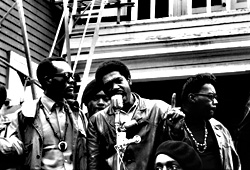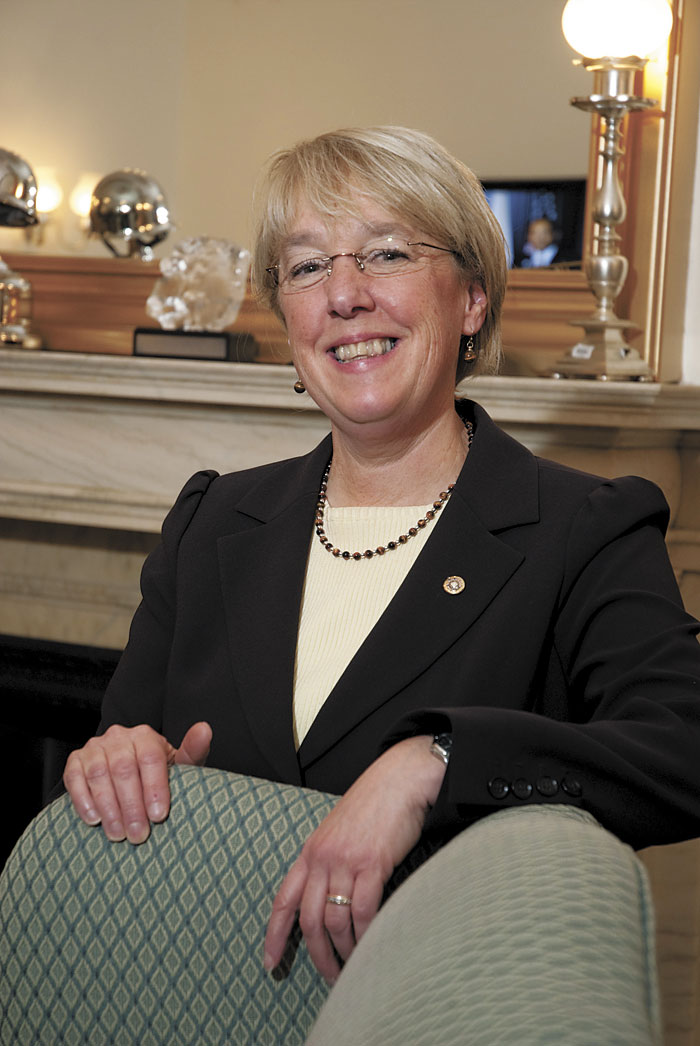Black Panther Party founder Bobby Seale will be in Seattle later this month to help celebrate the 40th anniversary of the local chapter, which was the first Black Panther organization to open outside California and one of a few to start prior to the assassination of Martin Luther King Jr. Nowadays, Seale says the country’s still in great need of change. However, though Barack Obama may be perceived as the candidate of change this election year, Seale cast his primary vote for Hillary Clinton.
“I don’t vote for a candidate just because they’re black. I voted for Hillary straight up,” says Seale, now 71. “If we go back in history, women were also discriminated against and not able to participate in democracy. It’s important for me to understand this person is progressive. I see Hillary as progressive; I was looking for more progressiveness in Barack.”
But his opinion changed following Obama’s speech on race relations after the controversy over what some perceived as inflammatory remarks by Obama’s pastor, Rev. Jeremiah Wright. “I found that profoundly progressive,” Seale says of the speech, adding that Obama “understood what we meant in the 1960s when we said all power to all the people.” If Obama gets the nomination, Seale says he’ll support him.
Seale has evolved from his more radical days, when the Panthers’ more violent acts landed him in jail and in court—for example, he was charged with inciting riots during the 1968 Democratic National Convention as one of the “Chicago Eight.” (The group was reduced to seven when Seale, due to his courtroom outbursts, was gagged, bound, and eventually removed from the courtroom. The charges against him were later dropped.) He was back in court two years later, charged with ordering the murder of former Panther Alex Rackley, a suspected police informant. That trial ended in a hung jury.
Today, Seale promotes his books, including a cookbook, Barbeque’n with Bobby Seale, and often travels to make appearances at Panther reunions. He remembers meeting Seattle party founders Aaron and Elmer Dixon at a speech he gave at San Francisco State University in 1968: “They had it in their heads that they had to do what we were doing in terms of the arguments, the debates, the speeches, and the advocacy,” he says. “I can pick out five good chapters [out of a total of 49 nationwide], and I have to include Seattle. Elmer and Aaron got to the real meat of what was to be done.”
Though Seale concedes there’s been a “certain level of progress” in the struggle for civil rights, he says there’s still need for a “three-dimensional bureaucracy.”
“We need a greater amount of people making the decisions, above and beyond the dumb-ass wars that Bush and his people are for, and beyond corporate monopolies,” he says. ” We live in an overdeveloped, fast-paced social order where 90 percent of the wealth in the world is controlled by 1 percent of the population. That must change. These are the kinds of things I rap about.”






